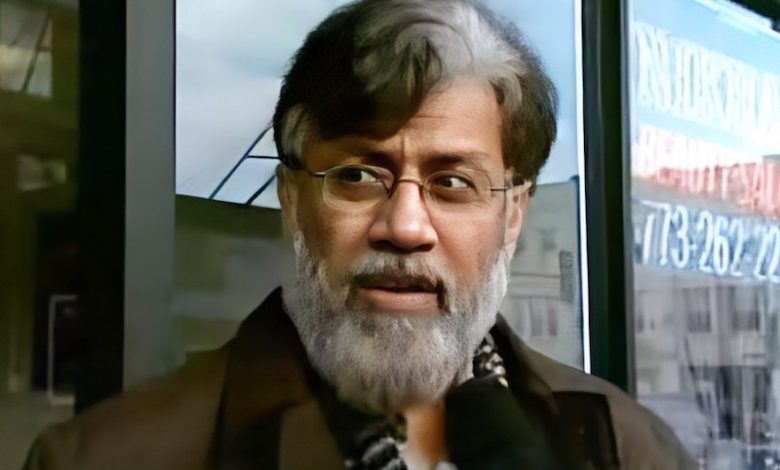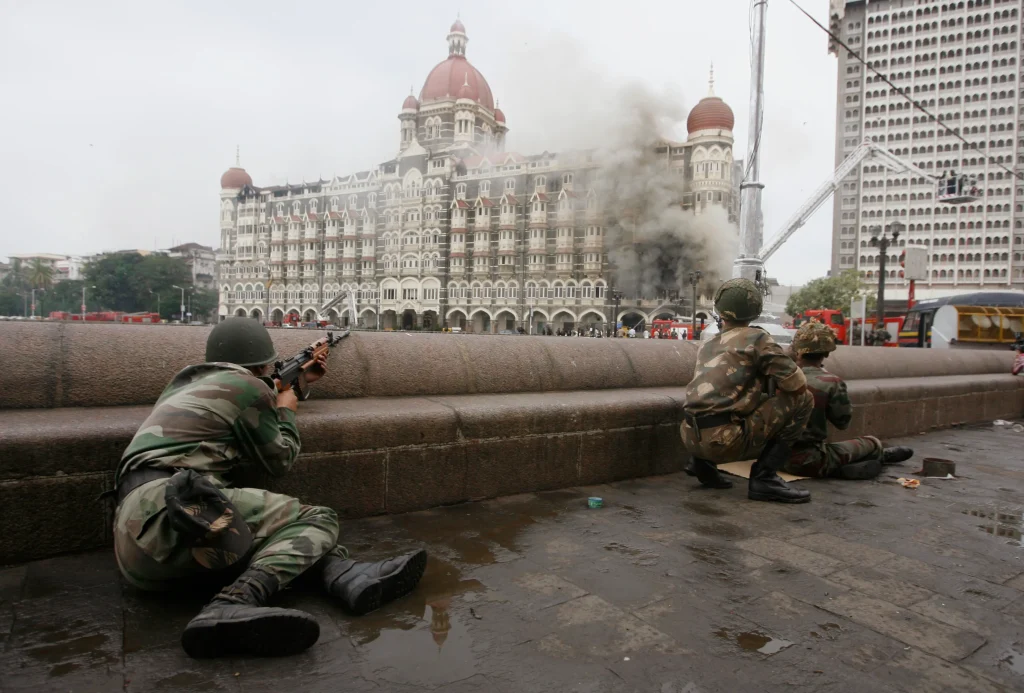
Mumbai: Nearly 17 years after the deadly 26/11 terror attacks in Mumbai that left 166 people dead and hundreds injured, new revelations have emerged from one of the main accused, Tahawwur Hussain Rana. According to sources, Rana has admitted during interrogation by the Mumbai Crime Branch that he was present in the city during the attacks and operated as a trusted agent of the Pakistani army.
Currently in the custody of the National Investigation Agency (NIA) at Delhi’s Tihar Jail, Rana is a Pakistani-origin Canadian national who was extradited to India earlier this year. His extradition followed the rejection of his review petition by the US Supreme Court in April.
During questioning, Rana disclosed that he, along with longtime associate David Headley, underwent multiple training programs with the terror group Lashkar-e-Taiba (LeT) in Pakistan. He also claimed that the LeT functioned primarily as a covert intelligence network.

Rana admitted to being directly involved in operational planning. He revealed that it was his idea to open an immigration office in Mumbai under the guise of business, which was used to cover up financial transactions related to the attack. He further stated that he conducted surveillance at key locations, including Chhatrapati Shivaji Maharaj Terminus, one of the major sites attacked during the siege.
Rana also implicated Pakistan’s Inter-Services Intelligence (ISI), suggesting the 26/11 operation was carried out in collaboration with the spy agency. Additionally, he mentioned that he had previously been sent to Saudi Arabia by the Pakistani army during the Khaleej (Gulf) War, further highlighting his longstanding ties with Pakistan’s military establishment. With these new disclosures, Mumbai Police are now preparing to formally arrest Rana and bring him into their custody for further investigation.
The 26/11 attacks, carried out in November 2008 by 10 Pakistani terrorists, saw a coordinated assault on multiple high-profile locations in Mumbai, including the Taj Mahal and Oberoi hotels, Chhatrapati Shivaji Terminus, and the Jewish centre Nariman House. The siege lasted nearly 60 hours and left a deep scar on the city and the nation.




